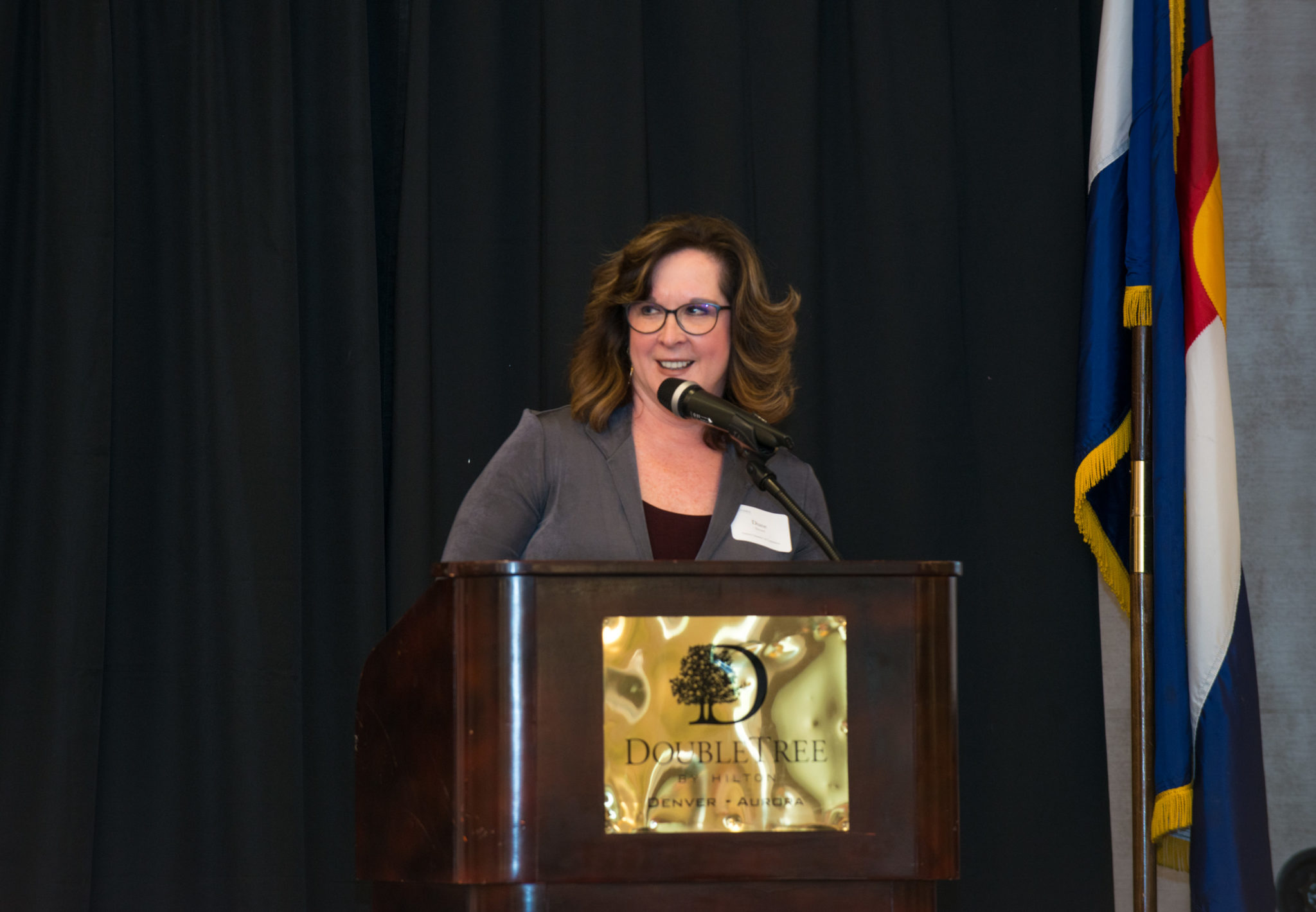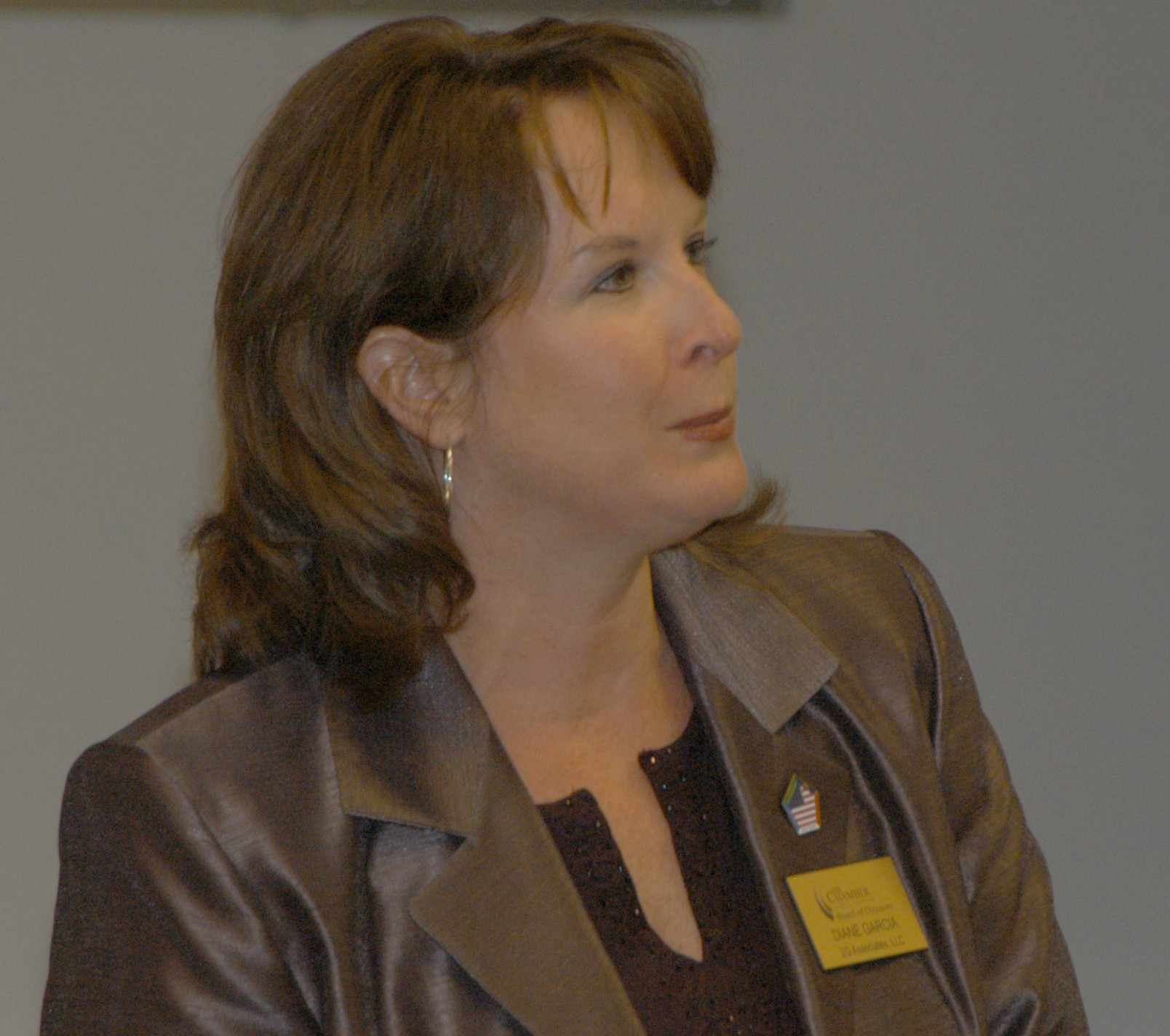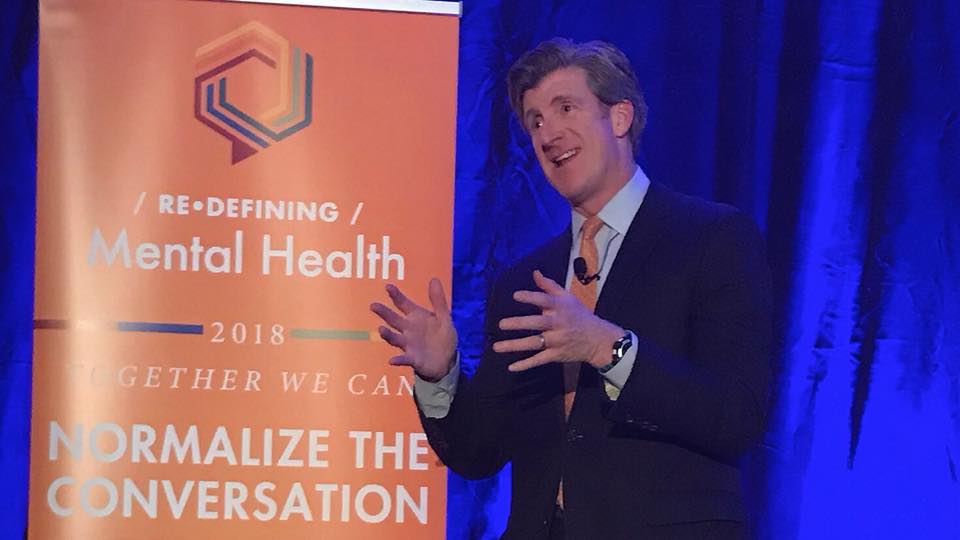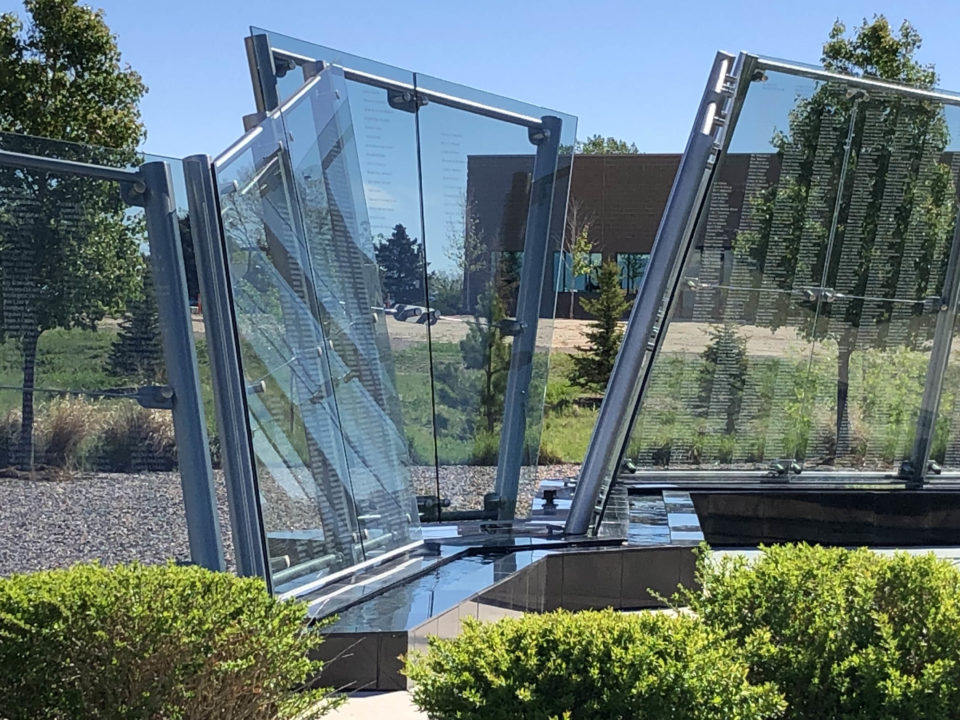
What is Your Definition of Beauty? (Diane’s Aurora Chamber Women in Business Speech)
February 19, 2018
Expensive Lessons Are The Best Lessons
April 1, 2018If you prefer the audio version, you can read about it below!
My life is whirling, like the red-and white-striped pinwheel my grandparents gave me when I was a little girl. I loved to take my pinwheel outside and hold it up as I sat on the cool concrete steps by the back door of our house on a muggy summer day. I would stare straight into the pinwheel’s center until the persistent Nebraska wind twirled the plastic curls so fast that all I could see was red.
In that analogy, I am the Nebraska wind, propelling forward at a rapid pace, uninterrupted by mountains or hills of significant size. I am ripping across the plains of my mid-life at breakneck, relentless speed. Thanks to a new course I chartered after breast cancer treatment ended two years ago, I now have an impatient need to fit as much life as possible into every precious day.
Yeah, yeah, yeah. Every one of us is busy. There are things we have to do, like commute to our jobs, perform our jobs, do laundry, fill up the car with gas or plug it in to an electrical outlet, exercise, eat, sleep, shower, clean and on and on. But these days I am in hyper-overdrive, obsessed with making the most of my time during this incredible opportunity I have been given called life.
Why the sudden increase in energy? Three months ago, I decided to stop eating desserts and candy, with the goal of decreasing the number of hot flashes and blood sugar spikes I was experiencing, thanks to chemically-induced menopause. Strangely, I have never had a sweet tooth, and chocolate is no big deal to me. The last sweet thing I ate was part of the leg of the Rice Krispies turkey my sister made for our Thanksgiving day get-together with our Anderson cousins.
This anecdote gets weirder, because I love to bake treats. I just can’t eat them, or I will be transported straight into the flames of hot flash hell. So now I only bake treats whenever we host get-togethers. The leftovers get taken to work to share with colleagues.
Thanks to my decision to take processed sugar out of my diet, I have more stamina, my hormones have settled down (sayonara, estrogen!) and I have once again been reminded of the evil, addictive side effects of processed sugar.
But the evolution called life goes on, and every day brings new solutions to old challenges, not to mention new challenges that need new solutions.
A few days ago, I was reminded of an old challenge that already has a solution, but the solution is not being enforced. My thanks to all the wonderful people who braved the snow and cold to attend the “Redefining Mental Health” community roundtable hosted by the Graduate School of Professional Psychology (GSPP) at University of Denver on Feb. 22. The Center for Oncology Psychology Excellence (COPE) is a specialty within GSPP at DU, and I was honored to say a few words about COPE’s achievements in the two years since the COPE specialty was launched.
Our featured speaker for the evening was the amazing Honorable Patrick J. Kennedy. He provided a profound, intimate overview of his and his family’s struggles with addiction and mental illness. Thanks to his efforts while in Congress, a law known as the Mental Health Parity Act, was passed. Yes, the Paul Wellstone and Pete Domenici Mental Health Parity and Addiction Equity Act, which the 110th U.S. Congress passed as rider legislation on the Troubled Asset Relief Program (remember TARP?), was signed into law by President George W. Bush in October 2008. The law generally prevents group health plans and health insurance issuers that provide mental health or substance use disorder benefits from imposing less favorable benefit limitations on those benefits than on medical/surgical benefits.
Of all the wisdom Mr. Kennedy shared during his remarkable presentation at the “Redefining Mental Health” event, what stuck in my mind was his reminder that the brain is part of the human body. Thus, diagnosed mental health disorders and substance use disorders should be addressed and paid for in the same manner as other physical ailments.
I am on a crusade to bring more attention to the long-term psychological effects of cancer and traumatic illness. The federal mental health parity law went in to effect nearly 10 years ago, which is a significant start.
But the law isn’t being enforced much of the time.
Are you as shocked and outraged as me?





